Several unique kimonos, imbued with traditional Japanese culture, were introduced at the Consulate General of Japan in Ho Chi Minh City on the morning of December 4.
At the "Japanese Traditional Kimono Exhibition - Spreading the Beauty of Traditional Japanese Culture" on December 4, visitors witnessed and were introduced to some typical traditional kimonos of the Japanese people.
The event was organized by the Consulate General of Japan in Ho Chi Minh City in collaboration with the Faculty of Japanese Studies, Ho Chi Minh City University of Technology (HUTECH), to create an opportunity to introduce traditional beauty in Japan, as well as connect Vietnam - Japan friendship through a series of cultural exchange activities.
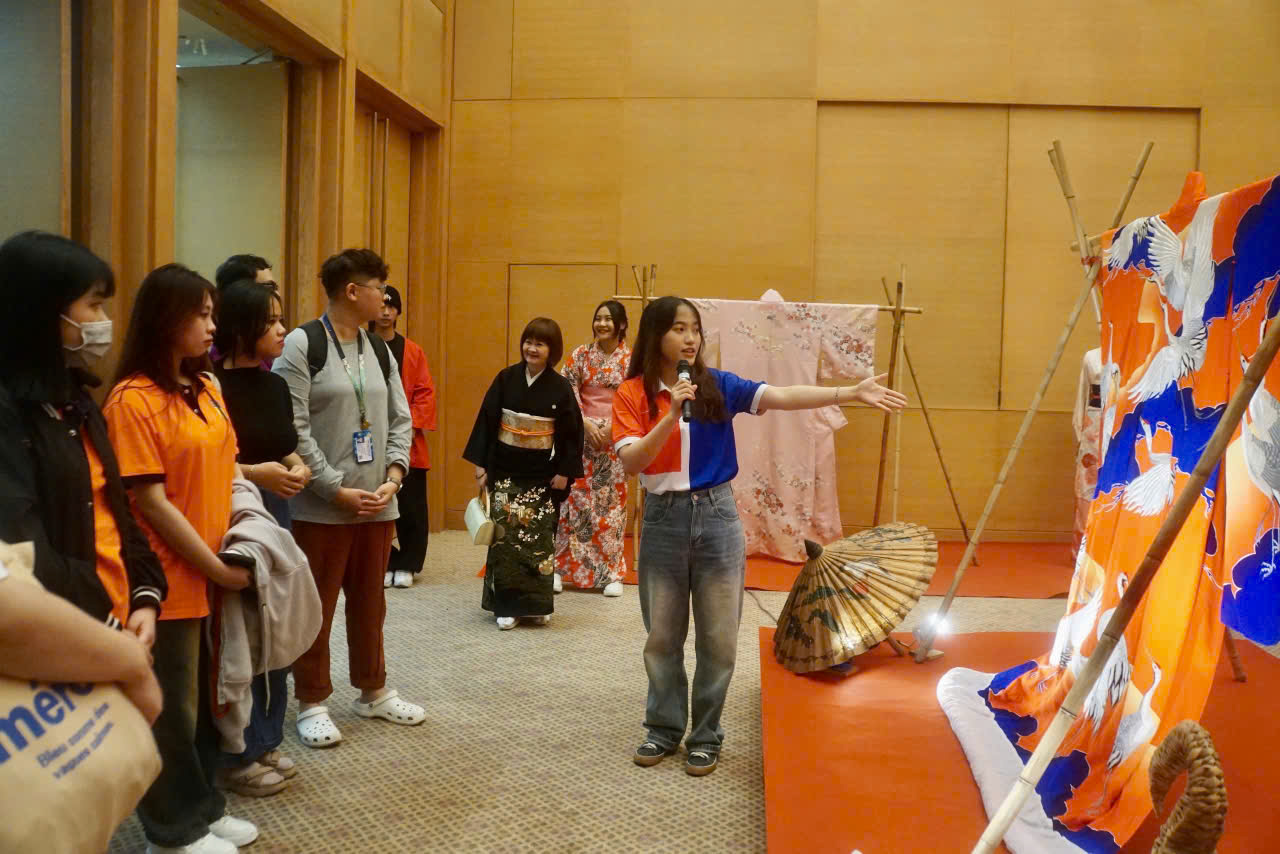
Hutech University students introduce the kimono displayed at the exhibition
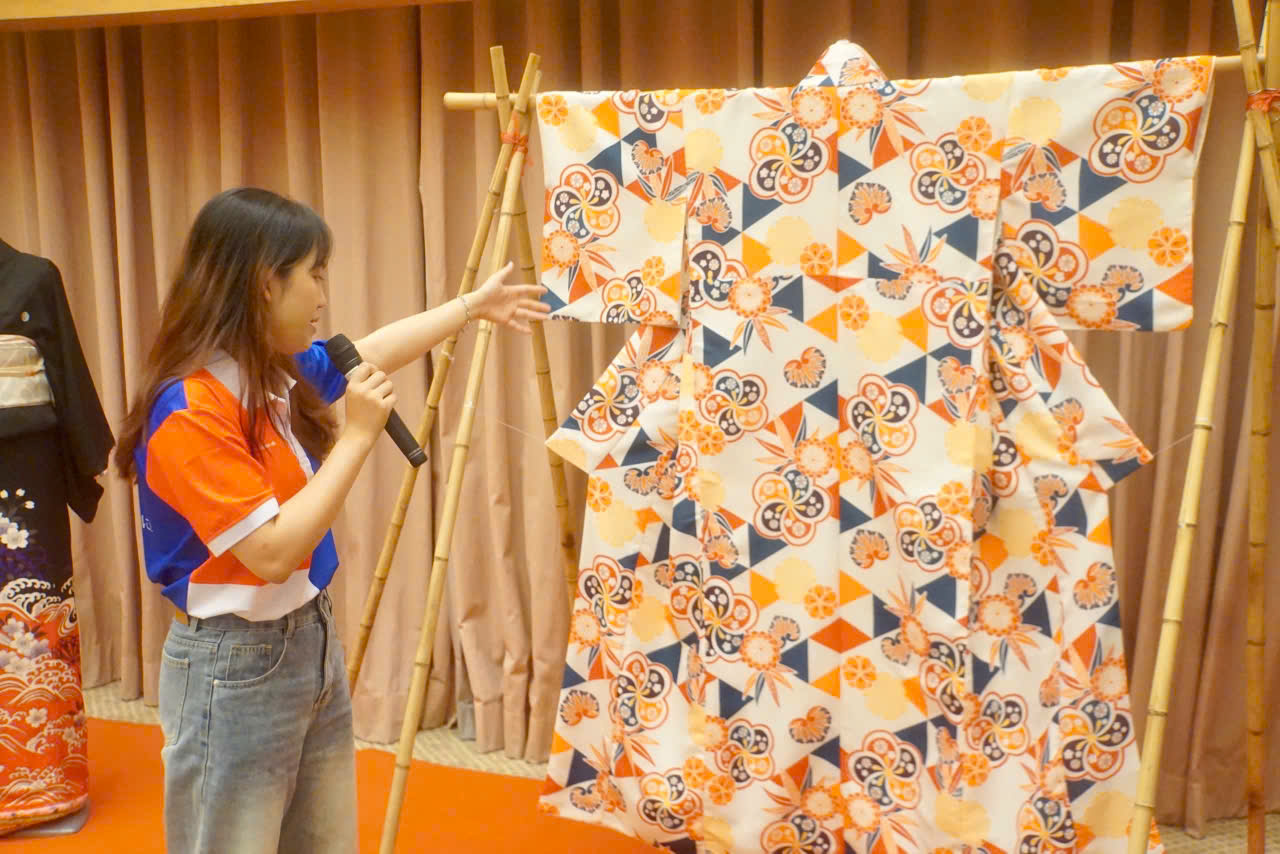
The houmongi kimono with bright colors and many patterns introduced will suit young women.
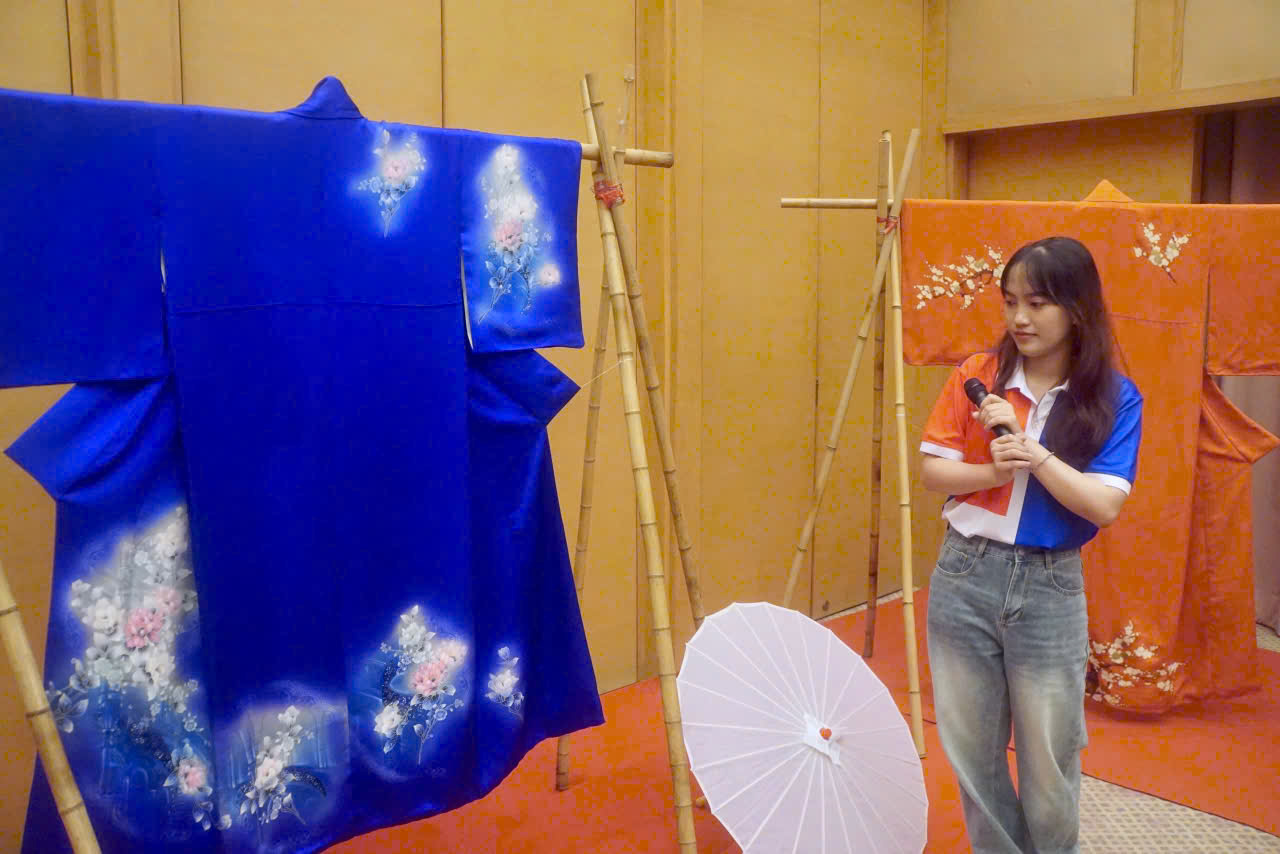
Meanwhile, houmongi with darker colors and minimalist patterns are said to be more suitable for older women.
Speaking at the opening ceremony of the exhibition on the morning of December 4, Japanese Consul General in Ho Chi Minh City Ono Masuo emphasized that this is a very valuable opportunity to approach and introduce Japanese culture to the people of Ho Chi Minh City. Mr. Ono Masuo especially mentioned the precious kimono "thousand cranes" introduced at this exhibition. The costume was inspired by the work of the same name "Thousand Cranes" by writer Kawabata Yasunari, who won the Nobel Prize for Literature in 1968.
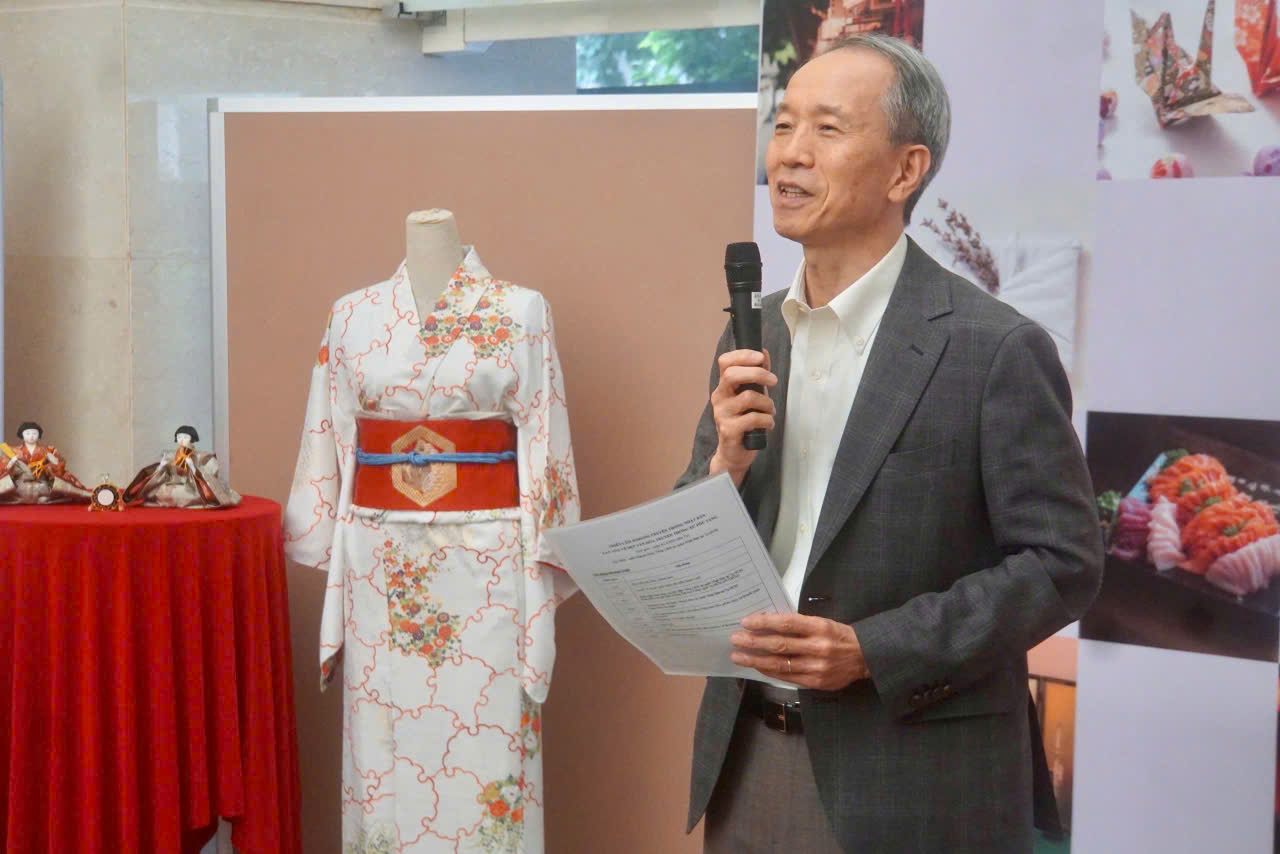
Consul General of Japan in Ho Chi Minh City Ono Masuo speaks at the exhibition
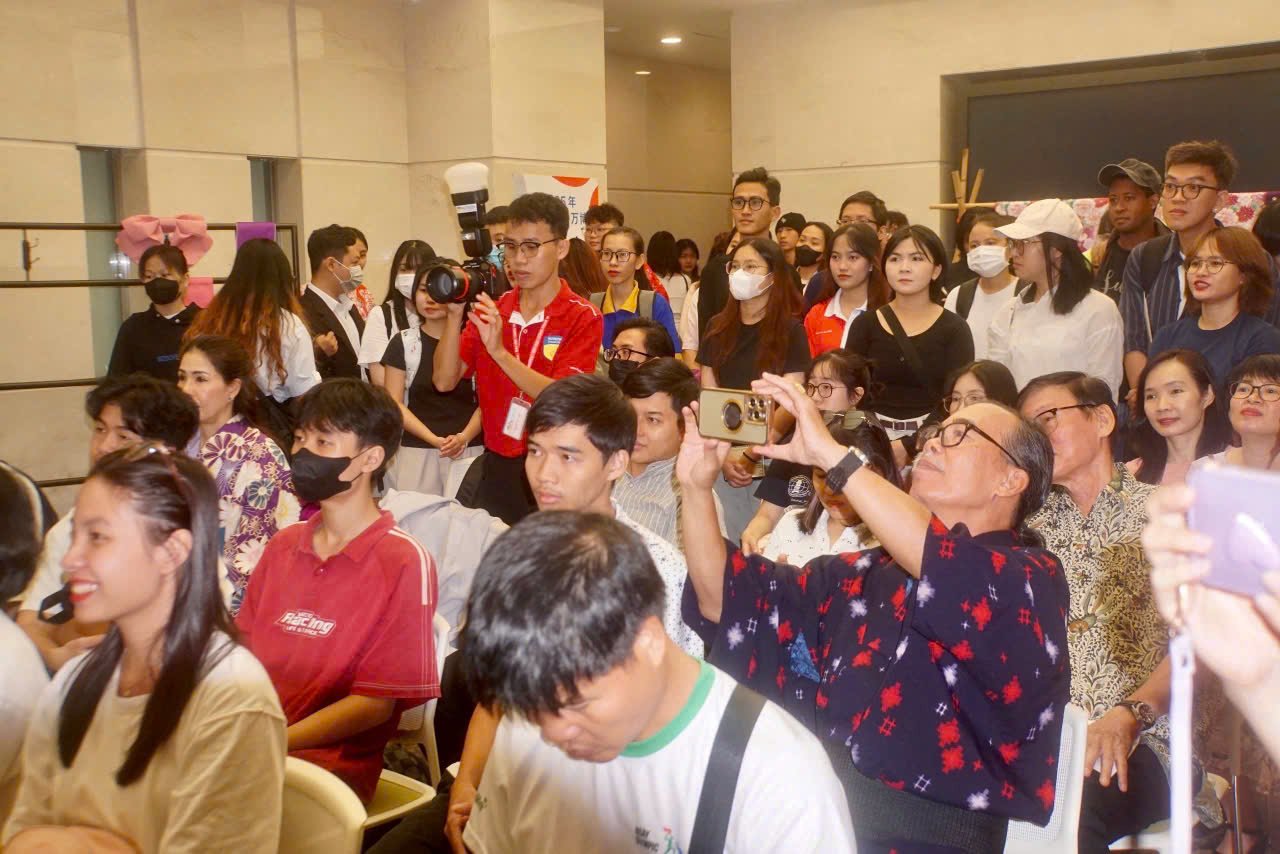
The event held on the morning of December 4 at the Consulate General of Japan in Ho Chi Minh City attracted a large number of visitors.
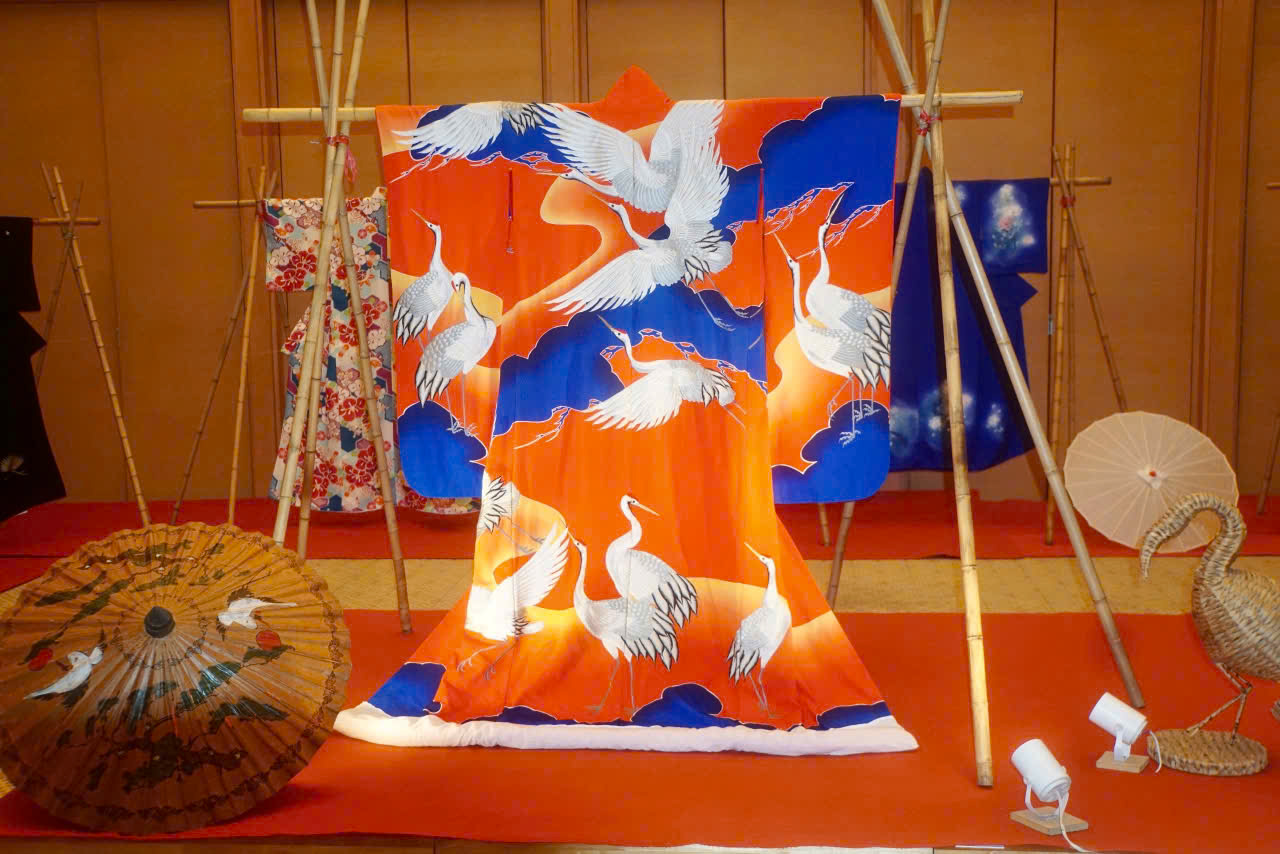
The "thousand cranes" kimono is displayed in the center of the exhibition room.
The exhibition also introduces some kimono costumes used for different ages or at different events. The exhibition hall has a strong Japanese culture, interwoven with some Vietnamese cultural details such as kimono hangers made of Vietnamese bamboo, some animals shaped from rattan.
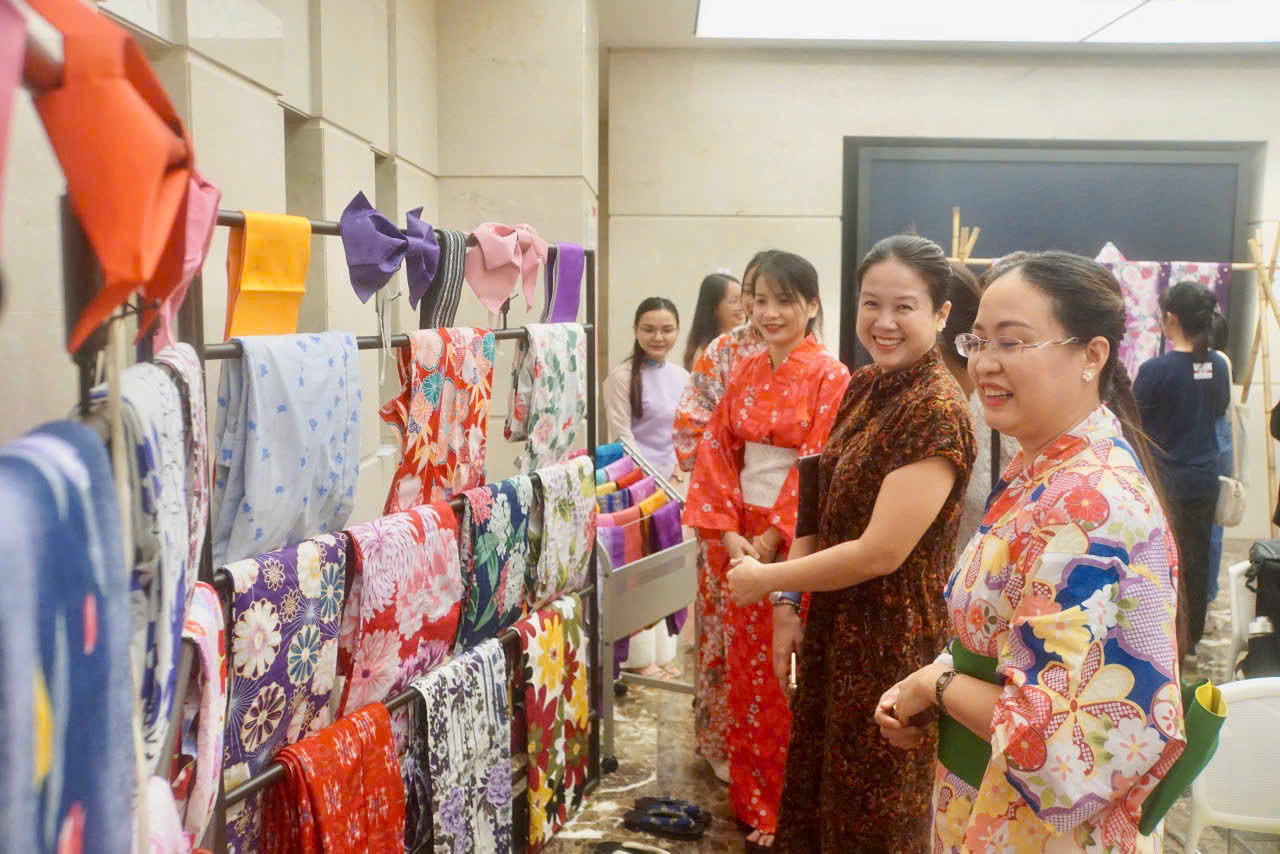
Visitors to the yukata display area will experience the traditional yukata wearing process.
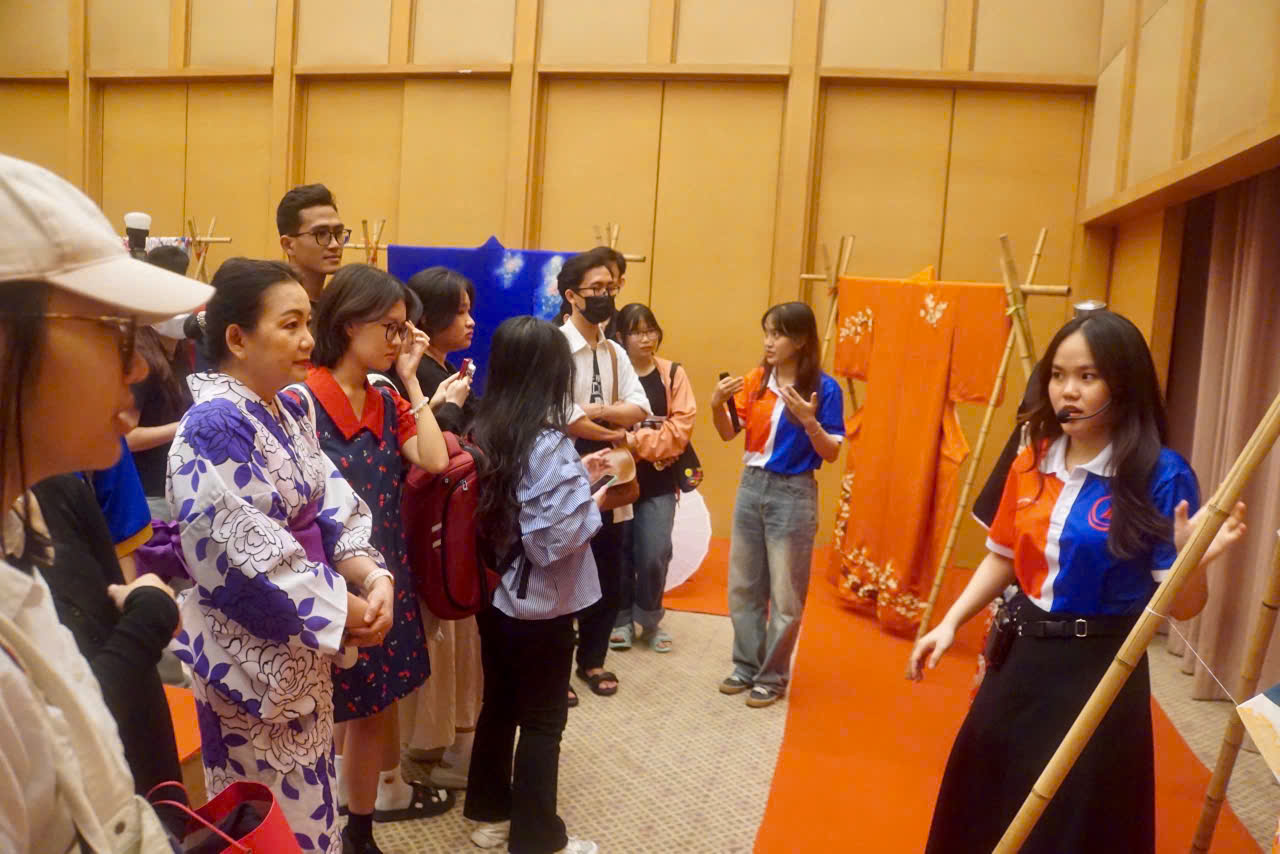
Guests are given a detailed introduction to each kimono and the historical context that brought these garments into Japanese life.
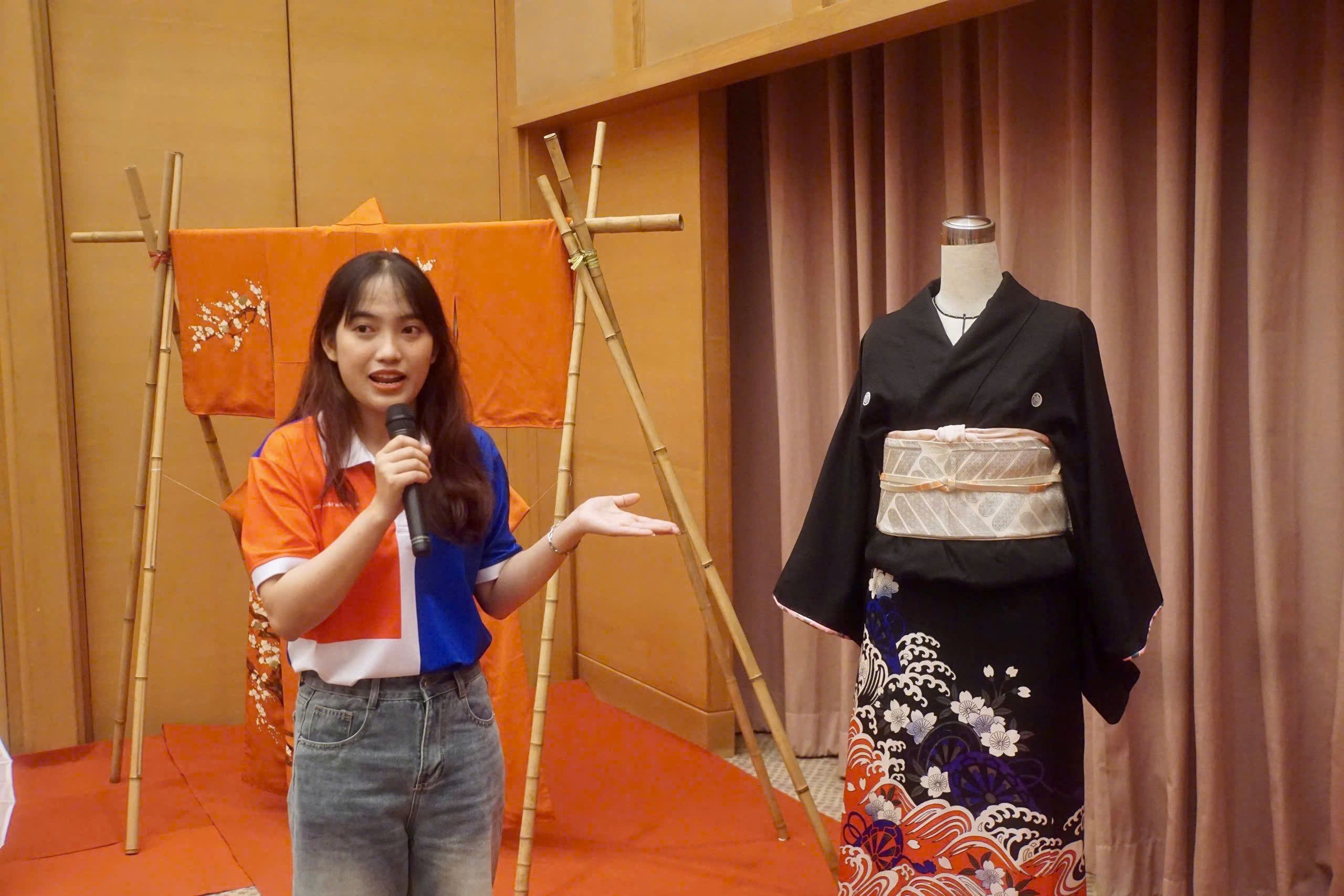
Students introduce tomesode kimono - for married women. This kimono is mainly black, with the husband's family crest sewn on the upper body.
In addition to the exhibition, the event will also include a hands-on workshop for visitors to experience the process of wearing a traditional yukata. The organizers hope that this will be an opportunity for those who love Japanese culture to learn more about the art and culture of the cherry blossom country through kimono, an intangible cultural heritage recognized by UNESCO.
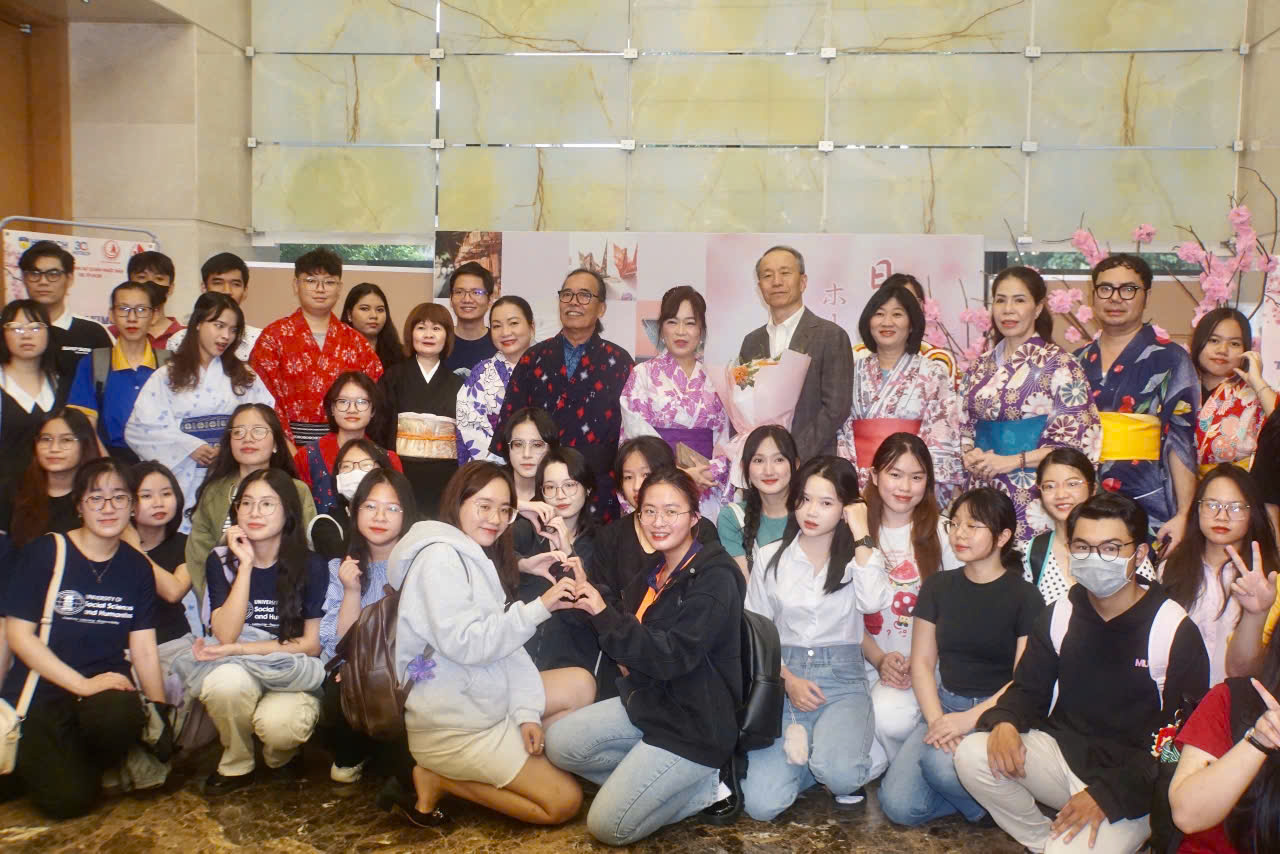
Japanese Consul General Ono Masuo takes souvenir photos with visitors
Source: https://thanhnien.vn/kham-pha-ve-dep-truyen-thong-nhat-ban-qua-trien-lam-kimono-18524120413031555.htm






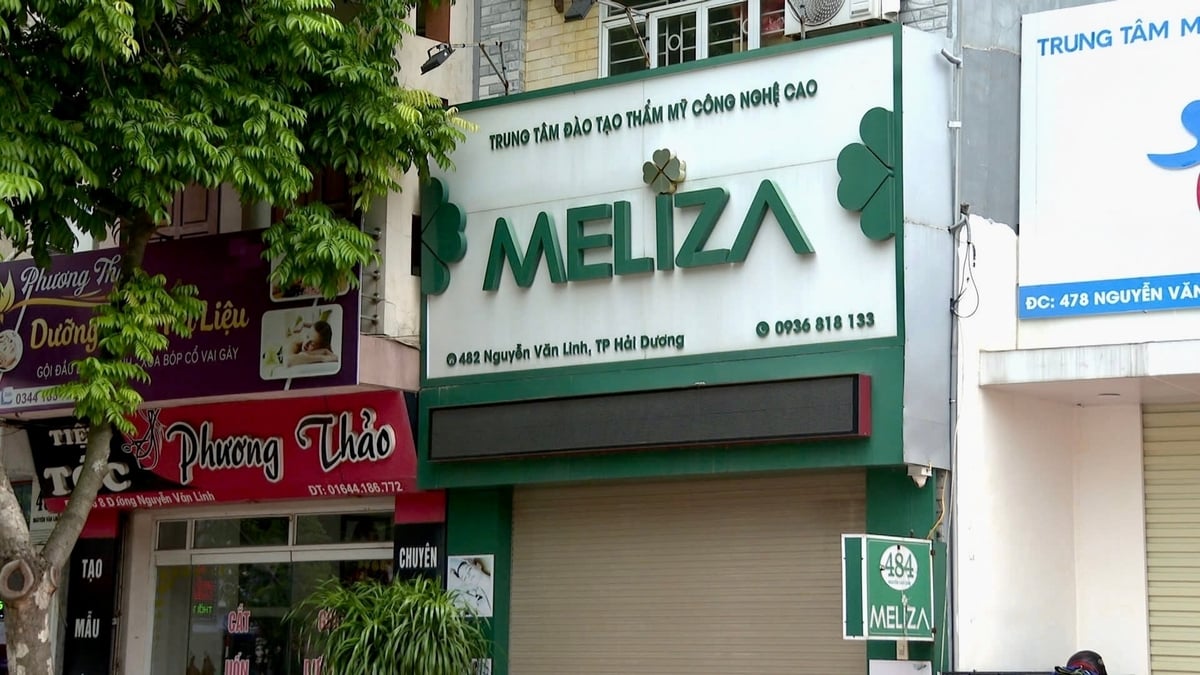



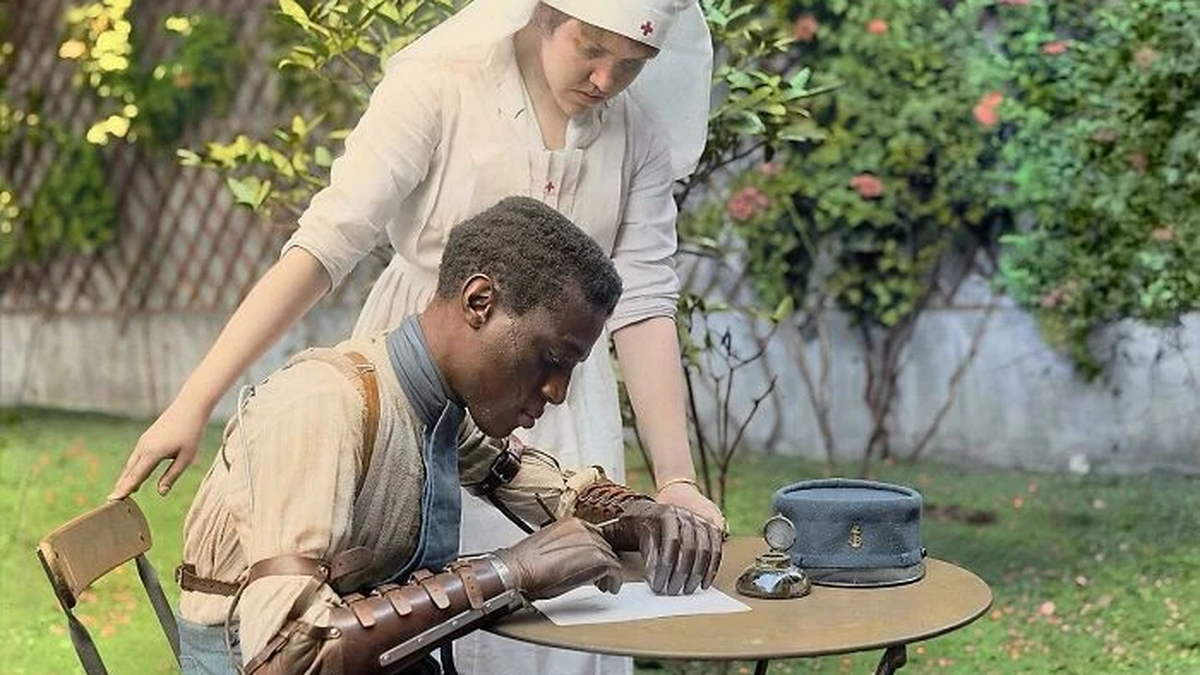
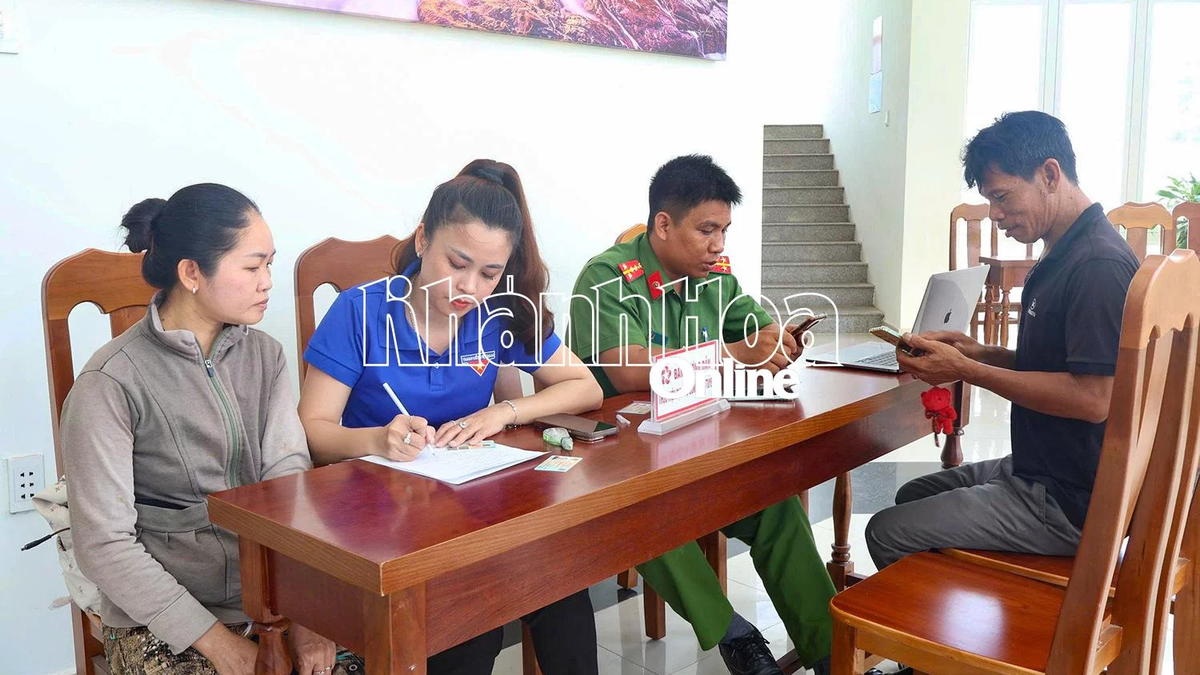










































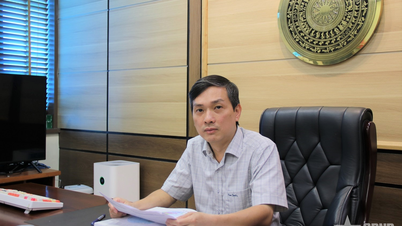









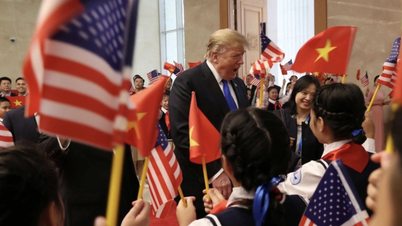

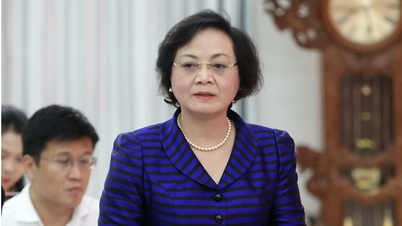
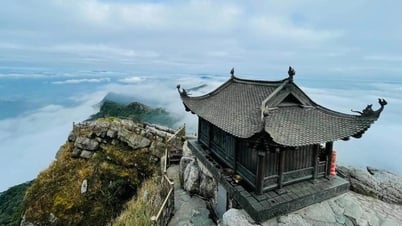




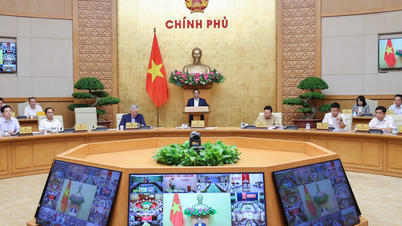



























Comment (0)